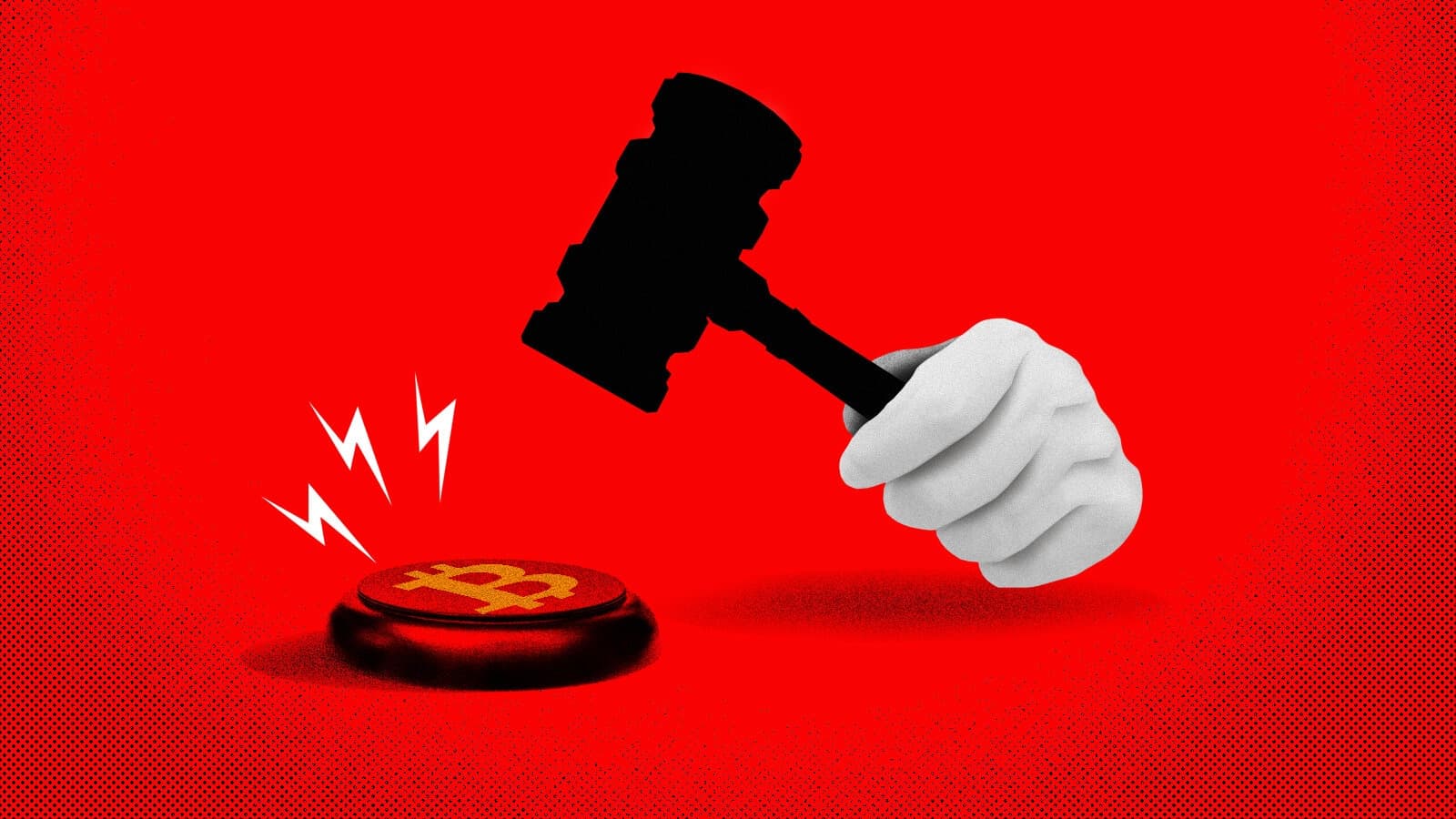What Do Tom Brady, Steph Curry and Naomi Osaka Have in Common? An FTX Lawsuit.
Gisele Bundchen and Shaquille O’Neal were also named in the suit

Blockworks exclusive art by axel rangel
What appears to be the first class action lawsuit filed against FTX and a number of its high-profile backers claims the insolvent crypto exchange violated Florida law and is demanding $11 billion in damages on behalf of its customers.
Adam Moskowitz — the attorney who filed the lawsuit on behalf of Oklahoma resident Edwin Garrison and related counterparties in the Southern District of Florida — said FTX’s founder and former chief executive, Sam Bankman-Fried orchestrated “massive fraud” in improperly trading customer funds.
Defendants include the following: Tom Brady, Gisele Bundchen, Stephen Curry, the Golden State Warriors, Shaquille O’Neal, Udonis Haslem, David Ortiz, William Trevor Lawrence, Shohei Ohtani, Naomi Osaka, Lawrence Gene David and Kevin O’Leary.
All are allegedly “responsible for the many billions of dollars in damages.”
Using “the largest and most well-known marketers and celebrities was the only way that this massive fraud could have been successful,” Moskowitz said.
The legal action’s chance of succeeding, however, isn’t yet known. Representatives for the defendants declined to comment, did not immediately return requests for comment or could not be reached.
Added Moskowitz: “Regular people on the street that have smartphones needed to hear from somebody [who] they very much respect in order to make this decision to go ahead and buy something they’ve never heard of.”
Brady and Curry were brand ambassadors that received equity in FTX and were characterized in the litigation as “parties who either controlled, promoted, assisted in, and actively participated in” the “offer and sale of unregistered” yield-bearing FTX US investment products that were, in fact, unregulated securities.
The suit’s “main focus” is making whole FTX US app users whose funds have been frozen, the attorney said — an endeavor he dubbed “absolutely realistic,” albeit “difficult.”
The lawsuit calls FTX a “deceptive” platform, a “house of cards,” and a Ponzi scheme that “shuffled customer funds between their opaque affiliated entities, using new investor funds obtained through investments…and loans to pay interest to the old ones and to attempt to maintain the appearance of liquidity.”
Asked what precedent this lawsuit may set, Moskowitz answered that “greed doesn’t pay off” and that the only people who are going to get hurt are the consumers.
Moskowitz is also behind another crypto-focused class action against Mark Cuban, the Dallas Mavericks and Stephen Ehrlich — founder and CEO of Voyager Digital — seeking to recover damages on behalf of Voyager customers.
FTX won a bankruptcy auction in September to buy Voyager’s assets, before collapsing into bankruptcy itself last week. Now, Voyager is looking for a new buyer.
Get the news in your inbox. Explore Blockworks newsletters:
- The Breakdown: Decoding crypto and the markets. Daily.
- 0xResearch: Alpha in your inbox. Think like an analyst.






